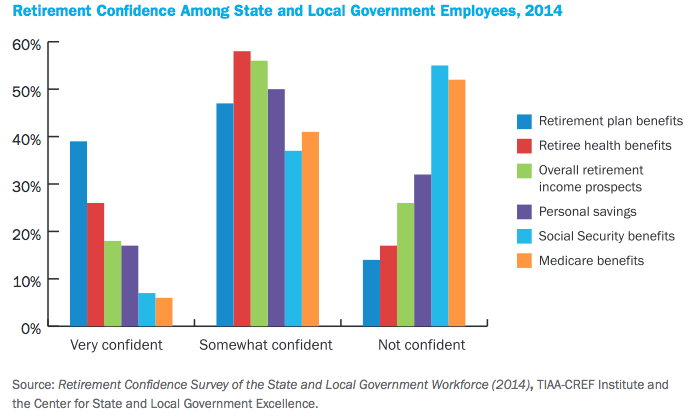The American Academy of Actuaries is urging President Obama and the U.S. Congress to tackle retirement security issues through public policy over the next two years.
That includes addressing the solvency of Social Security, improving the governance and disclosure requirements of public pension plans, and ensuring adequate retirement income for seniors who are living longer.
From the AAA:
The American Academy of Actuaries is calling on the president and the 114th Congress to commit to a focus in the next two years on addressing the needs of an aging America. A concerted national strategy on policies to support systems such as retirement security and lifetime income, health care and long-term care for the elderly, and public programs such as Social Security and Medicare, is long overdue.
[…]
As President Obama prepares to address Congress and the American people this evening, the Academy (which celebrates its own 50th anniversary this year) would point out that the state of our union is inextricably linked to the demographic transition of proportionately greater numbers of Americans entering retirement, coupled with increased longevity, or life expectancies, that will compound the fiscal challenges to both private systems and public programs in the years to come.
The AAA goes on to provide specific points that comprise a public policy “wish list”:
* Take immediate steps to address solvency concerns of key public programs like Social Security and Medicare to ensure that they are sustainable in light of changing demographics. The Academy also urges action to allow the disability trust fund to continue to pay full scheduled disability benefits during and beyond 2016.
* Evaluate and address the risk of retirement-income systems not providing expected income into old age, especially in light of increasing longevity. The Academy’s Retirement for the AGES initiative provides a framework for evaluating both private and public retirement systems, as well as public policy proposals.
* Encourage the use of lifetime-income solutions for people living longer in retirement. The Academy’s Lifetime Income initiative supports more widespread use of lifetime-income options.
* Improve the governance and disclosures regarding the measurements of the value of public-sector (state/municipal) employee pension plans. The Academy’s Public Pension Plans Actuarial E-Guide provides information on the nature of the risks and the complex issues surrounding these plans.
* Explore solutions to provide for affordable long-term care financing, and address caregiver needs and concerns through public and/or private programs.
* Address the impact of delayed retirement, either voluntary or through future retirement age changes, on benefit programs, as well as the needs it may create with increased demand for early retirement hardship considerations and disability income programs.
Read the full release here.



